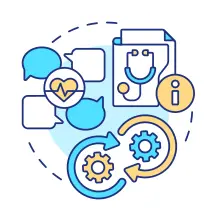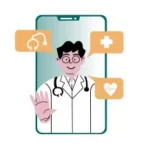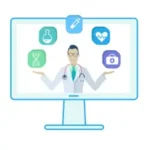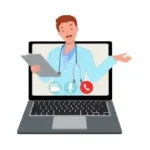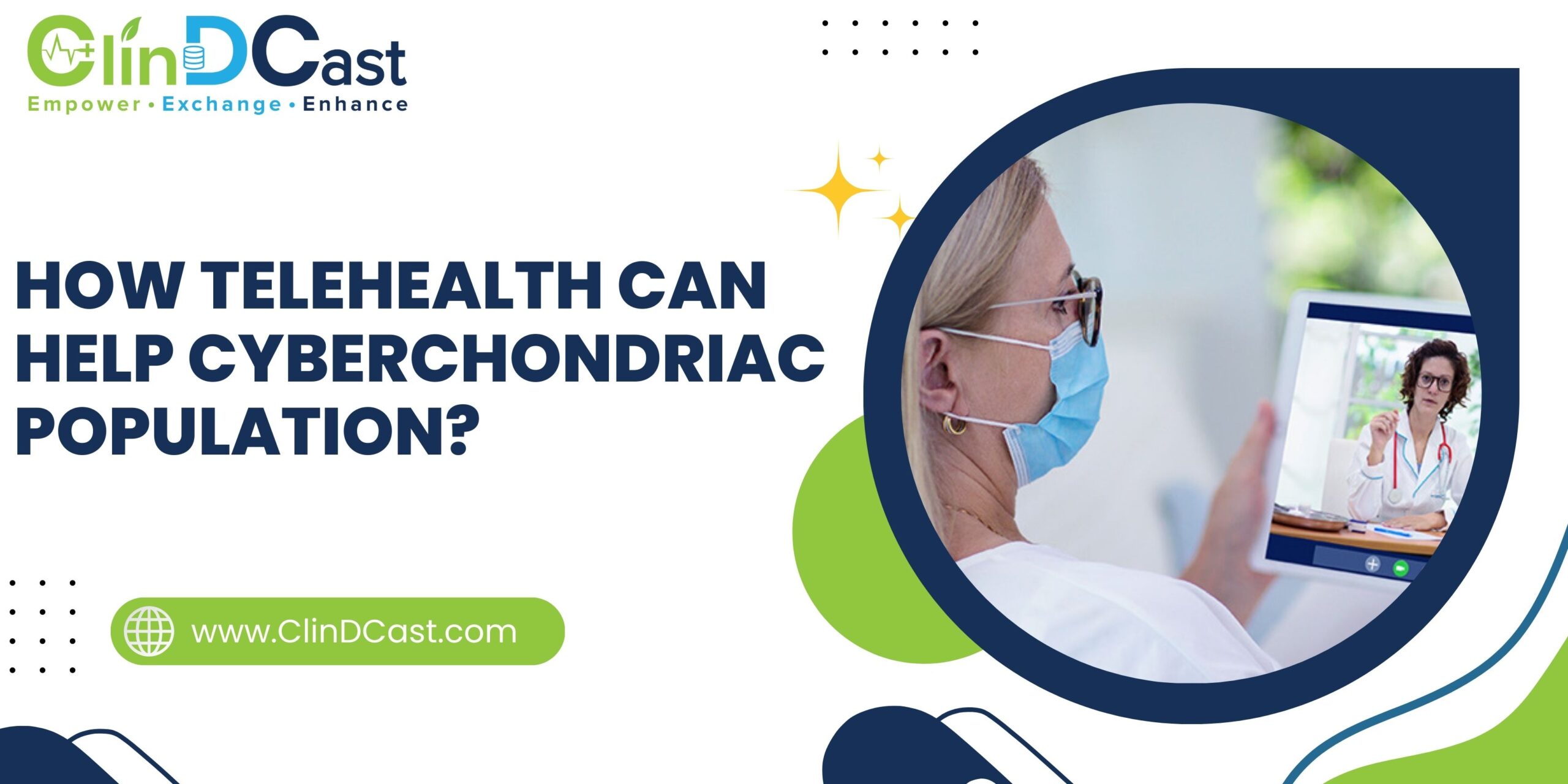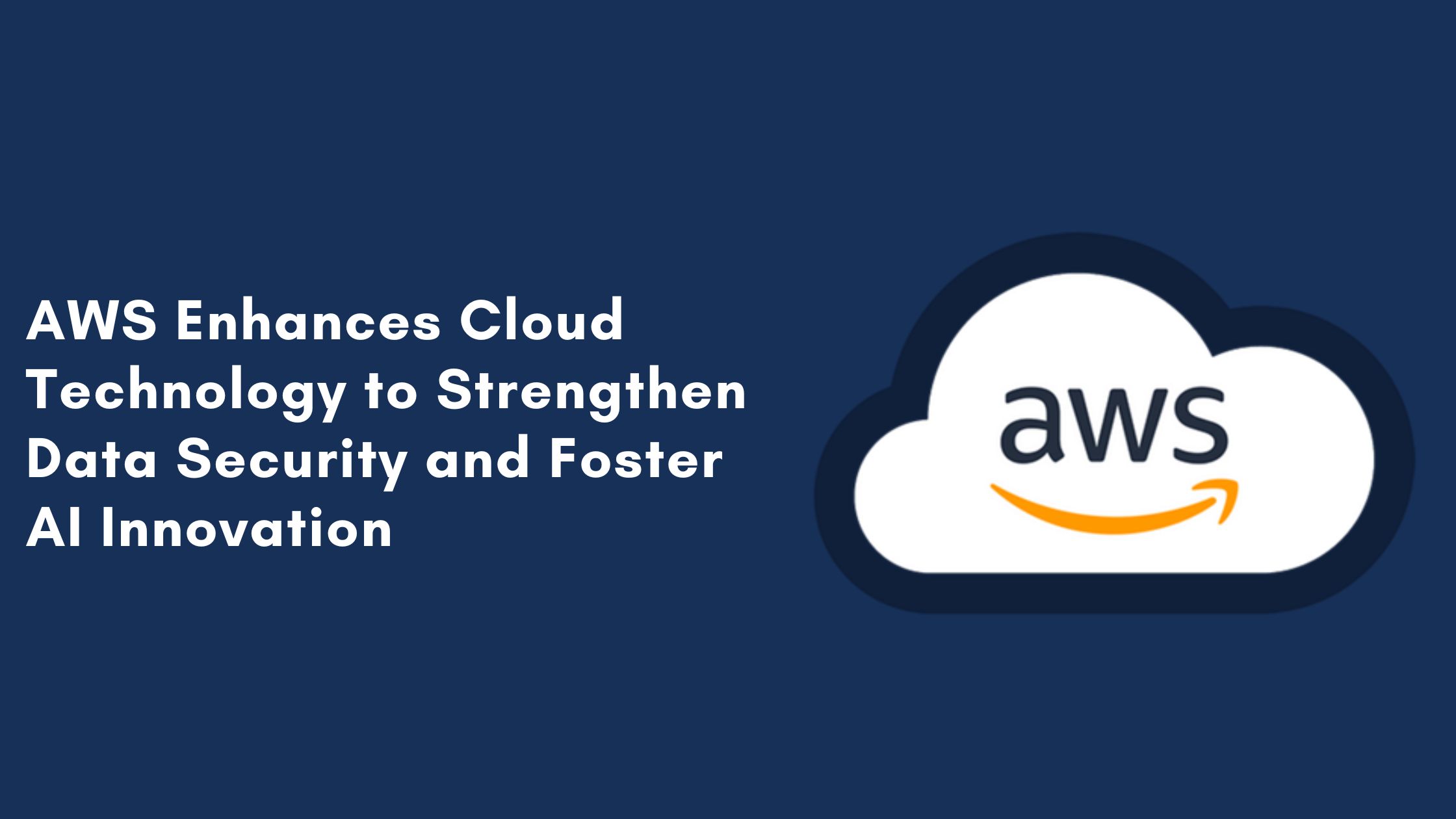
In today’s fast-paced and technology-driven healthcare landscape, the adoption of Electronic Health Records (EHRs) has become increasingly prevalent. EHRs are digital versions of a patient’s paper charts, containing comprehensive and up-to-date information about their medical history, treatments, and interactions with healthcare providers.
The Core Functions of Electronic Health Records facilitate a shift from traditional paper-based records to electronic systems, bringing about several core functions that significantly enhance patient care, streamline healthcare processes, and improve overall healthcare outcomes.
The Core Functions of Electronic Health Records
1. Centralized Patient Information Management
EHRs serve as a central repository for all patient-related data. They encompass medical histories, diagnoses, medications, allergies, lab results, imaging reports, and treatment plans. This comprehensive overview empowers healthcare professionals to make informed decisions and provides a holistic view of a patient’s health journey.
2. Interoperability and Data Sharing
One of the most vital functions of EHRs is their ability to facilitate seamless data sharing and interoperability among different healthcare providers, hospitals, and clinics. This ensures that pertinent patient information is readily available to authorized personnel regardless of the care setting. Improved data exchange minimizes errors, reduces duplication of tests, and enhances care coordination.
3. Clinical Decision Support
EHRs come equipped with clinical decision support systems that offer real-time insights, alerts, and recommendations to healthcare practitioners. These prompts can range from drug interactions and allergy alerts to evidence-based treatment suggestions, helping clinicians make well-informed decisions that align with best practices and patient-specific factors.
4. streamlined Workflow and Efficiency
EHRs optimize healthcare processes by automating routine tasks such as appointment scheduling, prescription refills, and billing. This reduces administrative burden, allowing healthcare providers to allocate more time to patient care. Additionally, digital records facilitate quicker access to patient information, resulting in shorter wait times and improved patient flow.
5. Enhanced Patient Engagement
EHRs empower patients to actively participate in their healthcare management. Patient portals associated with EHRs enable individuals to access their medical records, view test results, request appointments, and communicate securely with their healthcare providers. This engagement fosters a stronger patient-provider relationship and encourages patients to take charge of their health.
6. Accurate and Comprehensive Documentation
EHRs enable thorough and accurate documentation of patient encounters. Clinicians can input data directly into the system, reducing the risk of transcription errors and improving the completeness of medical records. Detailed documentation is crucial for legal and regulatory compliance and ensures continuity of care.
7. Data Analytics and Population Health Management
EHRs offer robust data analytics tools that enable healthcare organizations to derive insights from patient populations. These insights aid in identifying trends, managing chronic diseases, and implementing preventive measures on a larger scale. Population health management helps improve public health outcomes and reduces healthcare costs.
8. Security and Privacy
EHRs prioritize the security and privacy of patient data through stringent access controls, encryption, and audit trails. Compliance with healthcare regulations such as HIPAA (Health Insurance Portability and Accountability Act) ensures that patient information is protected from unauthorized access and breaches.
In conclusion, Electronic Health Records (EHRs) have revolutionized the healthcare industry by offering a multitude of core functions that enhance patient care, streamline workflows, and improve overall healthcare outcomes. Their centralization of patient information, interoperability capabilities, clinical decision support, streamlined workflows, patient engagement tools, accurate documentation, data analytics, and focus on security make EHRs an indispensable tool for modern healthcare providers. As technology continues to evolve, EHRs will likely play an even more pivotal role in shaping the future of healthcare delivery.

